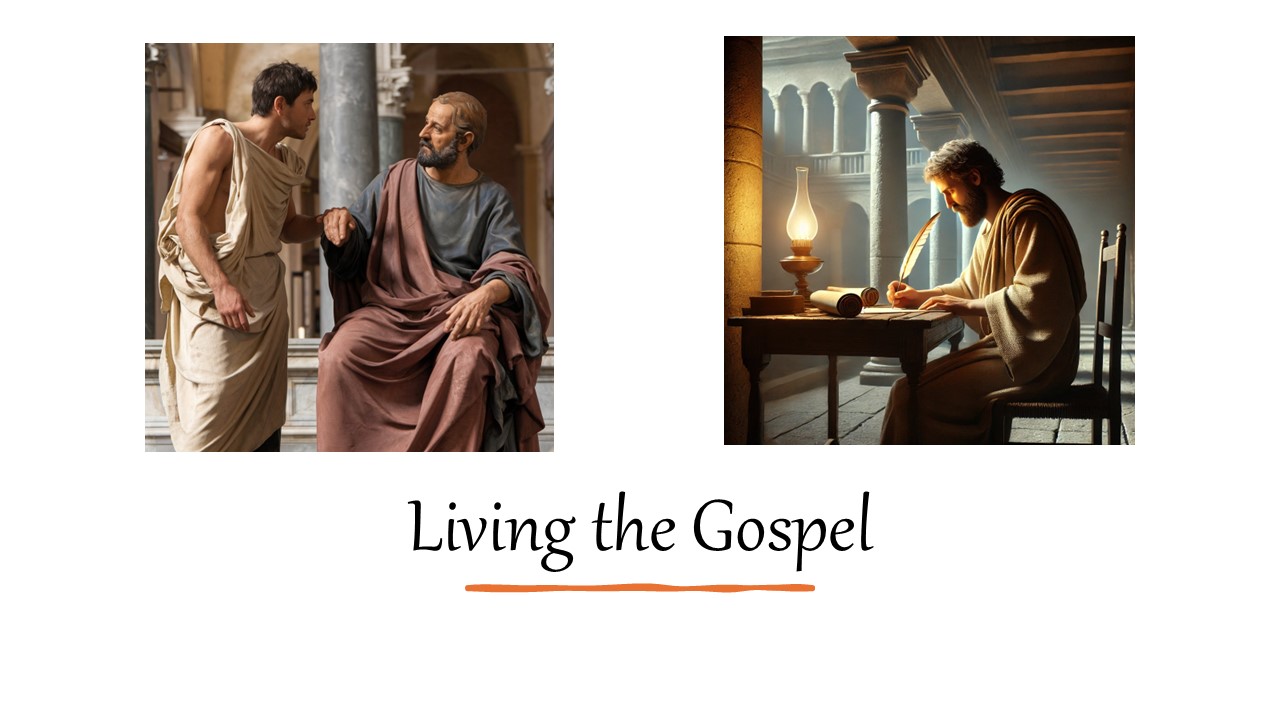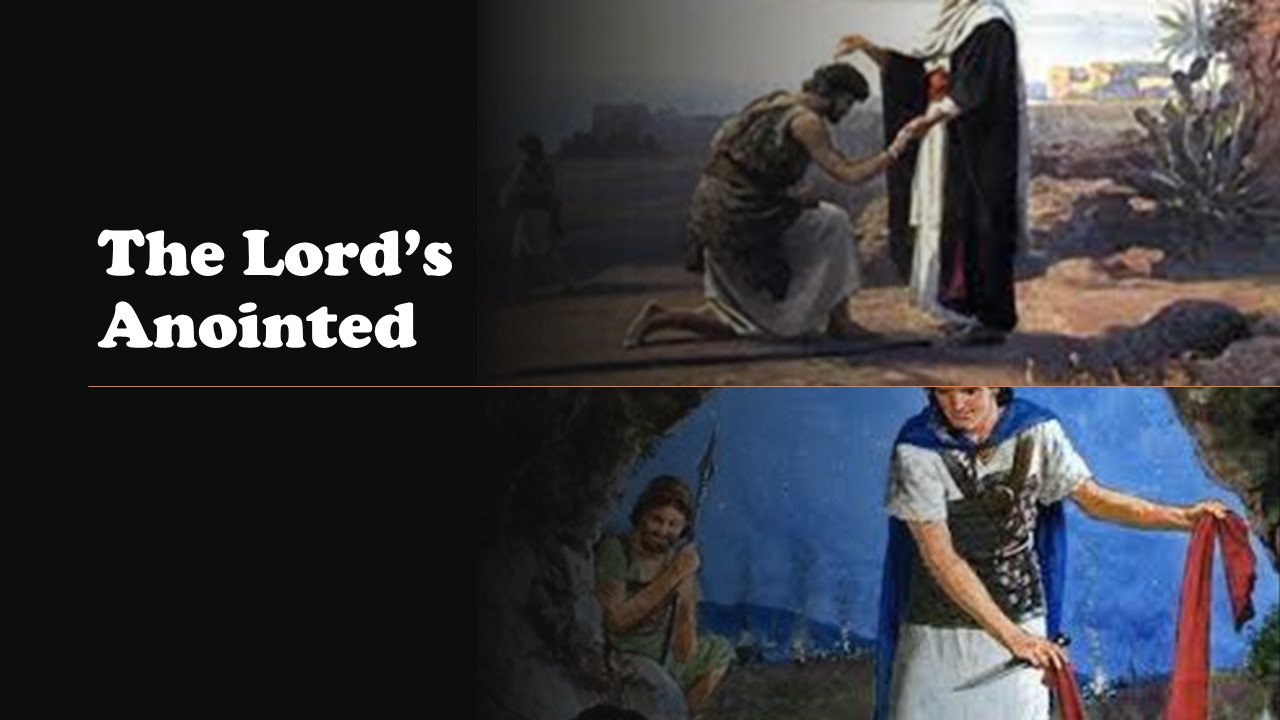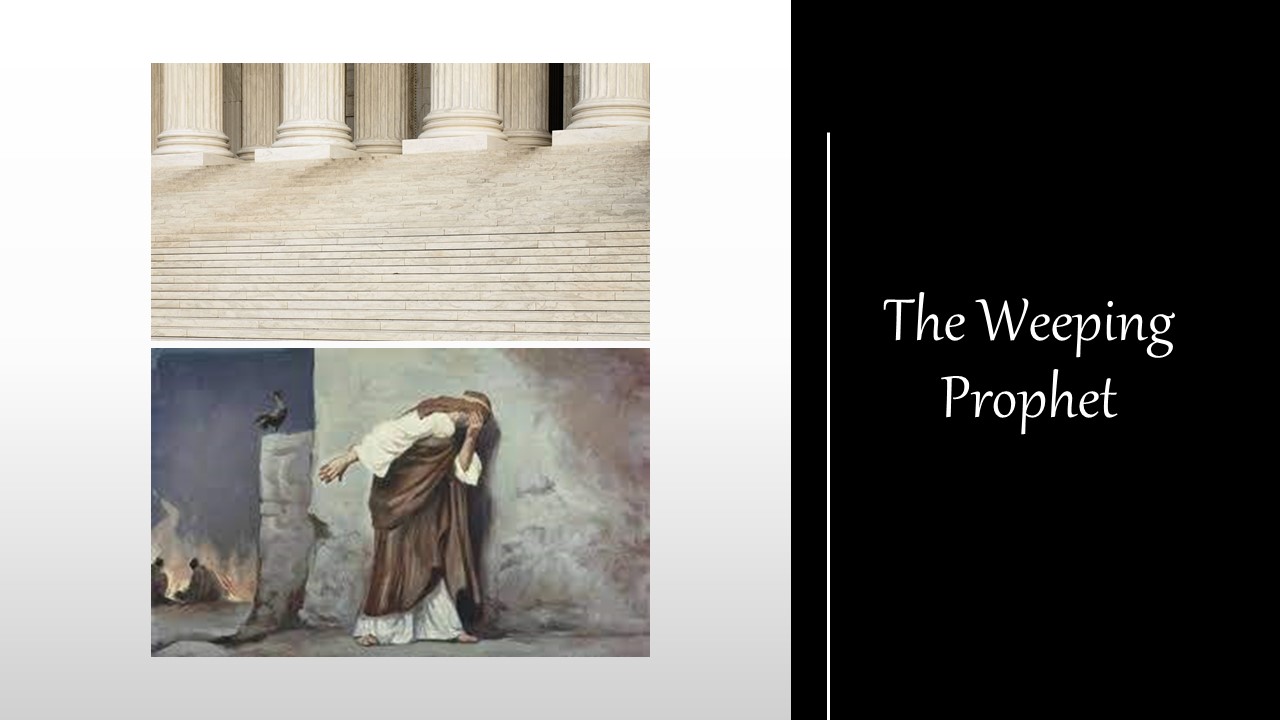Ecclesiastes presents us a naturalistic vision of life—one that sees life through distinctively human eyes—but ultimately recognizes the rule and reign of God in the world. This more humanistic quality has made the book especially popular among younger audiences today, men and women who have seen more than their fair share of pain and instability in life but who still cling to their hope in God.
As we wrap up our study of the book, we reflect on the main ideas in the book. Throughout the book there are points made that might be challenging to understand. We consider a few of them. Scriptures referenced include Ecclesiastes 12:10-14; Ecclesiastes 1:2; Ecclesiastes 2:1,2; Ecclesiastes 7:19; Ecclesiastes 10:2; Ecclesiastes 10:15; and Ecclesiastes 11:7-8, 10.

The book of Philemon offers rich lessons for believers today on how to live out their faith in practical and meaningful ways. Through Paul's...

Today’s episode highlights three stories from the book of 1 Samuel that foreshadow Jesus. It begins with the restlessness among the Israelites, who desire...

Jeremiah has been dubbed “the weeping prophet” because of the often-gloomy nature of his message and the grief he expresses for his people. Today’s...